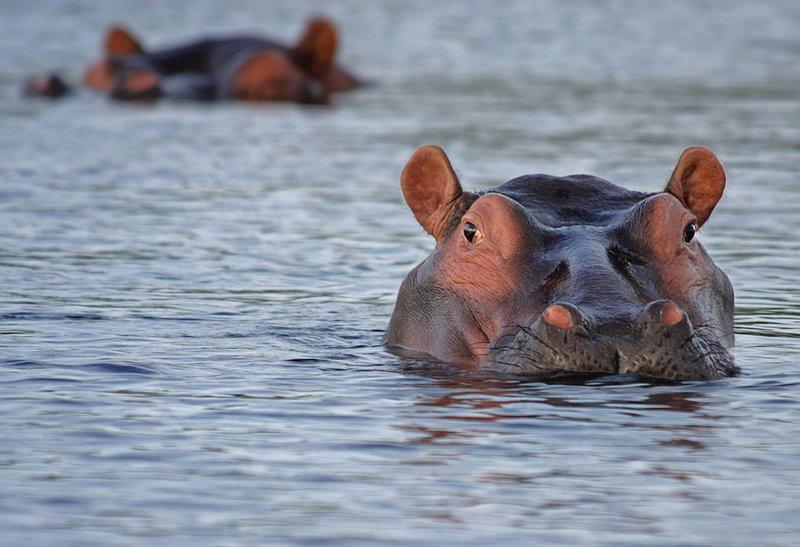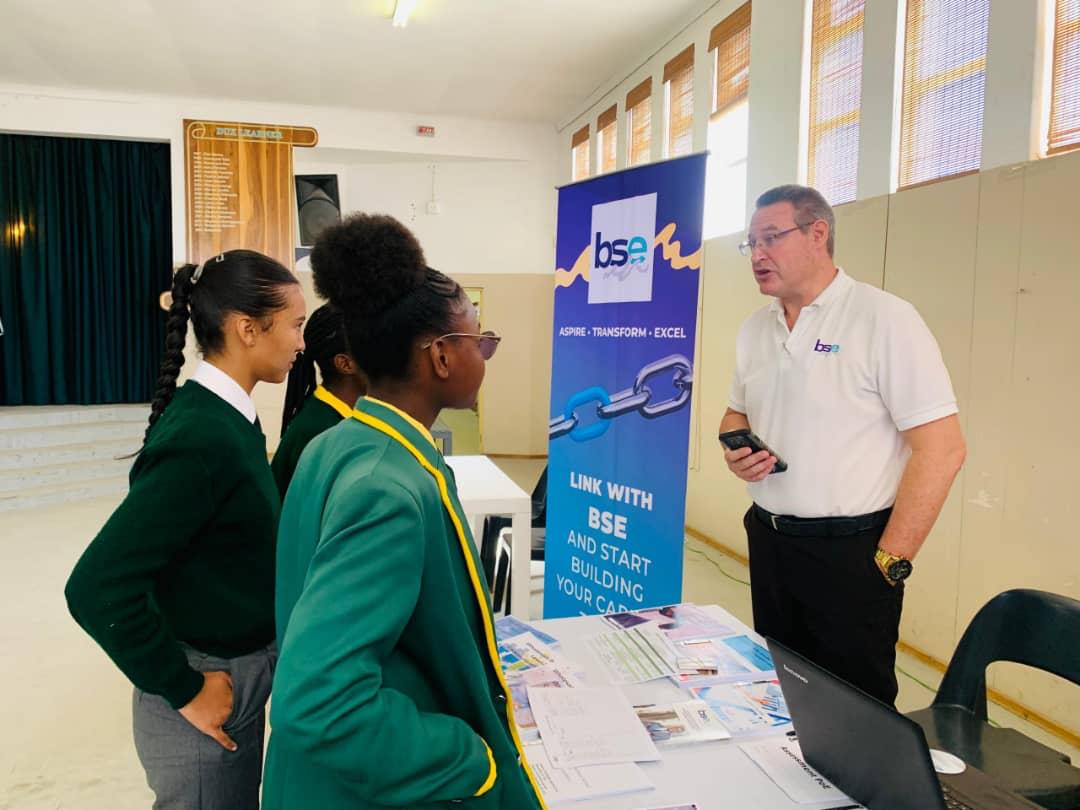NAMIBIA’S efforts to eliminate the worst forms of child labour have received a multi-million dollar boost.
It is one of seven countries to benefit from US$36,3 million in funding, awarded by the US Department of Labour to the International Labour Organisation’s International Programme on the Elimination of Child Labour. The other countries are Botswana, Brazil, Cambodia, India, South Africa and Uganda.Within this grant package, Namibia, Botswana and South Africa received total funding of US$4,75 million (about N$43,23 million) towards combating child labour.The Ministry is currently conducting a Labour Force Survey to determine the latest national statistics on child labour.The last survey that contained figures on child labour was conducted in 1999, and indicated that the ‘child labour force’ was 15 per cent of girls and 17 per cent of boys, giving an average of 16 per cent.A total of 40 000 (55 per cent) of working children were under 14 years of age.The funding will be used under the auspices of the ILO programme, Towards the Elimination of Child Labour (TECL), which was set up in 2004 and is run in all SACU countries.Robert Ewing, Regional Labour Officer at the US Embassy in South Africa, expressed excitement over the project.He said the award was “a continuation of funding for the ILO programme, Towards the Elimination of Child Labour (TECL), to put their footsteps so far into action”.He added that no conditions were attached to the funding, as far as Namibia is concerned.Key TECL projects include addressing the issues of commercial sexual exploitation of children, child trafficking, educational rehabilitation of children found in the worst forms of child labour, children used by adults in the commission of crime, and delivery of water to households far from sources of safe water, in order to prevent child labour in this regard.In Namibia, TECL is part of the Project Advisory Committee on Child Labour (PACC), which includes members from various line ministries, the National Union of Namibian Workers, the Namibia Employers’ Federation, an NGO representative, the United Nations Children’s Fund (Unicef), and is chaired by the Ministry of Labour and Social Welfare.Asked what initiatives the funding will be used for, Labour Permanent Secretary Ulitala Hiveluah, explained that “the Ministry is only the contact point” and does not itself implement the programmes from such funding, but works with various stakeholders including other line ministries, NGOs and churches to carry out such initiatives.Hiveluah also stressed that a clear distinction between ‘child work’ and ‘worst forms of child labour’ should be drawn in order to understand what the funding is directed at.”Worst forms of child labour is defined as labour preventing the growth or development of a child, e.g.not going to school,” she said.Hiveluah added that worst forms of child labour also entail “the use of children by adults in order to commit crimes, as commercial sex workers, and in very hazardous work”.Child work, on the other hand, has to do with basic household chores expected as part of family responsibilities, which do not impede the child’s development – for example washing dishes.Section 3 of the Labour Act of 2007 clearly states that children under 14 may not be employed; and that children between 14 and 16 years of age should be protected from economic exploitation and may not be employed in hazardous working conditions or in employment that could interfere with their education.The other countries are Botswana, Brazil, Cambodia, India, South Africa and Uganda.Within this grant package, Namibia, Botswana and South Africa received total funding of US$4,75 million (about N$43,23 million) towards combating child labour.The Ministry is currently conducting a Labour Force Survey to determine the latest national statistics on child labour.The last survey that contained figures on child labour was conducted in 1999, and indicated that the ‘child labour force’ was 15 per cent of girls and 17 per cent of boys, giving an average of 16 per cent.A total of 40 000 (55 per cent) of working children were under 14 years of age.The funding will be used under the auspices of the ILO programme, Towards the Elimination of Child Labour (TECL), which was set up in 2004 and is run in all SACU countries.Robert Ewing, Regional Labour Officer at the US Embassy in South Africa, expressed excitement over the project.He said the award was “a continuation of funding for the ILO programme, Towards the Elimination of Child Labour (TECL), to put their footsteps so far into action”.He added that no conditions were attached to the funding, as far as Namibia is concerned.Key TECL projects include addressing the issues of commercial sexual exploitation of children, child trafficking, educational rehabilitation of children found in the worst forms of child labour, children used by adults in the commission of crime, and delivery of water to households far from sources of safe water, in order to prevent child labour in this regard.In Namibia, TECL is part of the Project Advisory Committee on Child Labour (PACC), which includes members from various line ministries, the National Union of Namibian Workers, the Namibia Employers’ Federation, an NGO representative, the United Nations Children’s Fund (Unicef), and is chaired by the Ministry of Labour and Social Welfare.Asked what initiatives the funding will be used for, Labour Permanent Secretary Ulitala Hiveluah, explained that “the Ministry is only the contact point” and does not itself implement the programmes from such funding, but works with various stakeholders including other line ministries, NGOs and churches to carry out such initiatives.Hiveluah also stressed that a clear distinction between ‘child work’ and ‘worst forms of child labour’ should be drawn in order to understand what the funding is directed at.”Worst forms of child labour is defined as labour preventing the growth or development of a child, e.g.not going to school,” she said.Hiveluah added that worst forms of child labour also entail “the use of children by adults in order to commit crimes, as commercial sex workers, and in very hazardous work”.Child work, on the other hand, has to do with basic household chores expected as part of family responsibilities, which do not impede the child’s development – for example washing dishes.Section 3 of the Labour Act of 2007 clearly states that children under 14 may not be employed; and that children between 14 and 16 years of age should be protected from economic exploitation and may not be employed in hazardous working conditions or in employment that could interfere with their education.
Stay informed with The Namibian – your source for credible journalism. Get in-depth reporting and opinions for
only N$85 a month. Invest in journalism, invest in democracy –
Subscribe Now!










